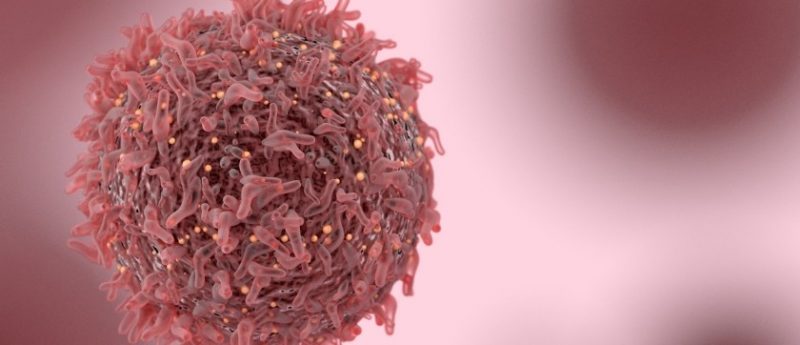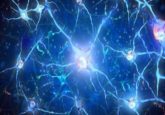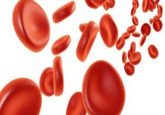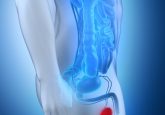Causes of breast cancer: could work at night really be a cause?

Family doctors interested in why the 60-year-old woman in front of them has recently been diagnosed with breast cancer might consider asking her if she worked at night during her career. Even the surgeon may be disconcerted because this woman does not have any of the known risk factors: she has no family history, had two children in her twenties, she eats well, exercises, drinks little alcohol and was a regular participant in breast cancer screening. At the same time, most physicians have experienced the disruption that occurs when they work at night, and perhaps all have suffered jet lag at some point. These activities that require light in times of natural darkness or adaptation to new time zones can indeed disrupt our internal clock, our circadian rhythms.
How could exposure to light at-night cause increased breast cancer risk? In addition to the established and long-suspected factors that increase a woman’s risk of breast cancer [1], in the past 10 years or so there has been more research on how a woman’s career could be associated with breast cancer. Some established cohorts of nurses in the USA and Europe and other studies began to produce evidence relating to the hypothesis originally expounded in 1987 [2] that exposure to light at night could disrupt circadian (daily) rhythms and increase cancer risk. The biologic pathway from light exposure to cancer that has been investigated most frequently is melatonin, a hormone produced in the pineal gland and at its peak each night if we sleep in a ‘normal’ pattern in the dark. If we are instead awake and exposed to light at night through activities including night work, melatonin production will decrease and its positive properties including tumor suppression will subsequently be hindered. There is some support for the melatonin pathway from light to cancer risk, but other mechanisms have also been hypothesized such as reduced vitamin D exposure, poor sleep quality, changes in metabolism and a disconnect within your body between centrally timed functions and the more peripherally timed bodily functions [3].
Read the full article in Breast Cancer Management.





